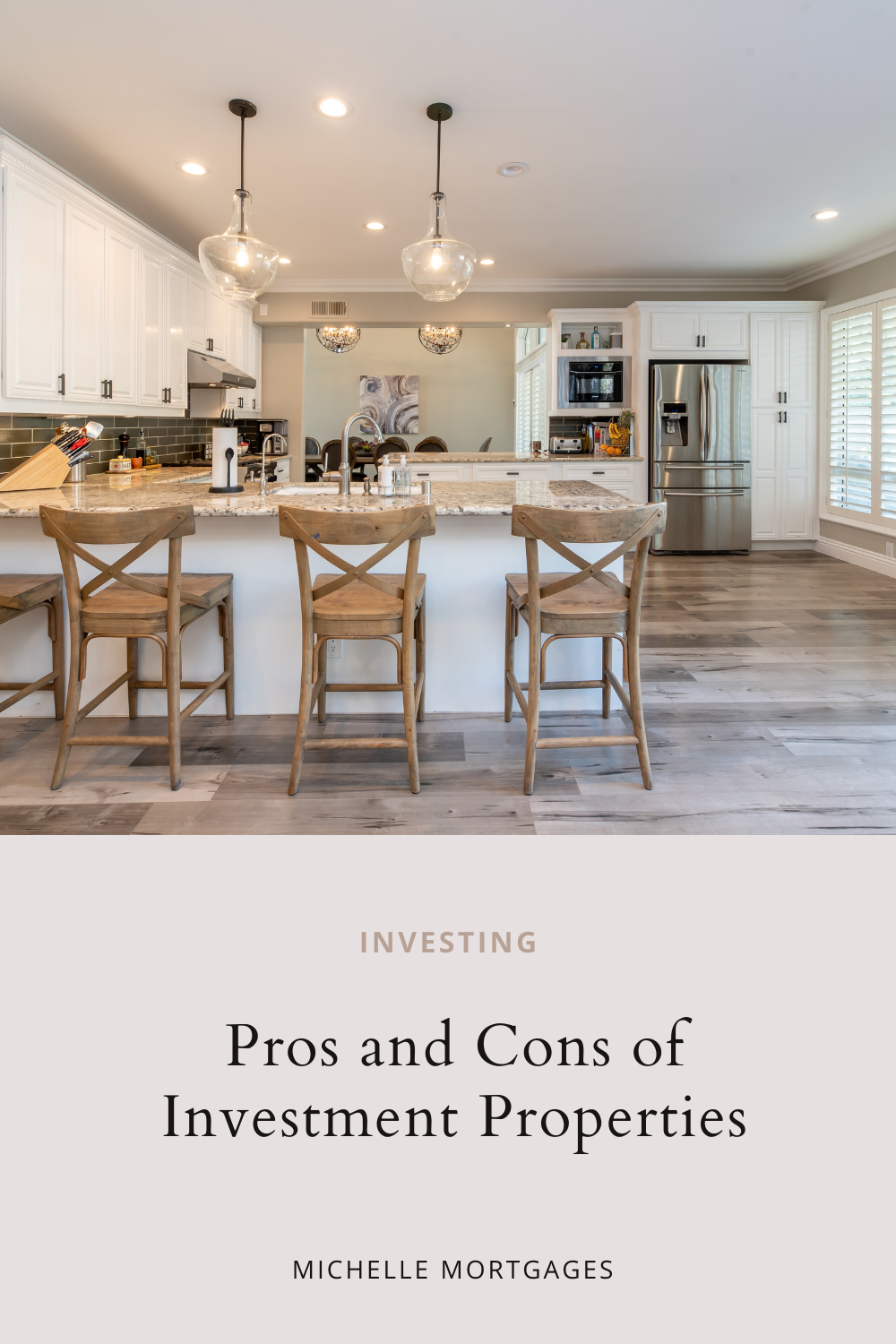
You’ve been listening to your podcasts, friends talk and doing some research while you debate about entering the real estate market as an investment and you’re still not sure if it’s for you. Well, let’s make a list of pros and cons together using my experience as a landlord and mortgage agent to help you make the decision.
Let’s start with the positives:
- Monthly cash flow – You’ll ideally be charging rent over and above your monthly carrying costs for the property leaving you with extra money in your account each month.
- Building your financial future – When buying and holding on to a property, that property will likely increase in value over the years. Someone else will be paying down that mortgage leaving you with equity to use in the future.
- Making your money work for you – High-interest savings accounts are great, but you can only get so much of a return on the funds sitting there. When it comes to real estate, we’ve seen the values of properties increase dramatically over the last few years. Your initial investment in a property can grow quite rapidly if you are diligent about investing in the right areas and property.
- It’s mostly passive income – You can hire a property manager and be more hands-off, or you can manage the property yourself. Yes, you’ll get the occasional hiccup to deal with, but if you pick your property and tenants carefully, most days you’re earning that cash flow with very little effort on your part.
So why might investing not be for you? Here are some cons:
- There are hiccups – Things break, tenants move out early, or sometimes your tenants aren’t as ideal as you thought they might be. You need to be able to handle the rollercoaster as you never know when an issue might arise.
- Wear and Tear – You cannot expect the property that you renovate to stay immaculate. Walls get dinged, floors get scratched, and bathroom fans aren’t always turned on. Your pride of ownership in your personal home is one thing, but not all tenants have the same mentality. You have to be okay with the property experiencing some wear and tear with tenants. It’s just par for the course. Set a repair/maintenance fund aside.
- Must be willing do to the homework – Not every property makes a great rental property. You need to take your time and understand the market you are shopping in. Are there any adverse influences in the area that may impact resale or the type of tenants you’ll attract? What are current rents like in the area? What is the vacancy rate? A little homework will save you a lot of heartaches.
- In Ontario, there are strict Landlord and Tenant board rules that need to be followed – It can often feel like the tenant has more entitlement than the landlord. Again, doing some homework here and understanding the basics of what is expected of a landlord and a tenant is important. Visit your local tribunal and listen to a few cases to get a good understanding of how they operate.
If the cons on the list outweigh the pros for you, it doesn’t necessarily mean investing isn’t for you. You might just be a different type of investor. This list details out the pros and cons of buying and holding onto a property. You may be better suited for a different strategy like buying and flipping.
Check out this blog post on Types of Real Estate Investing to find your niche.

Be the first to comment